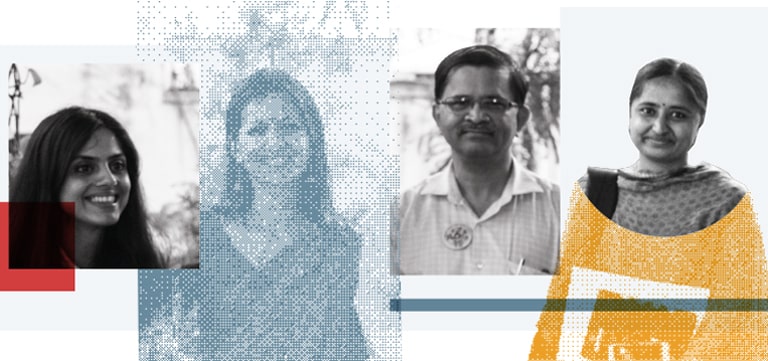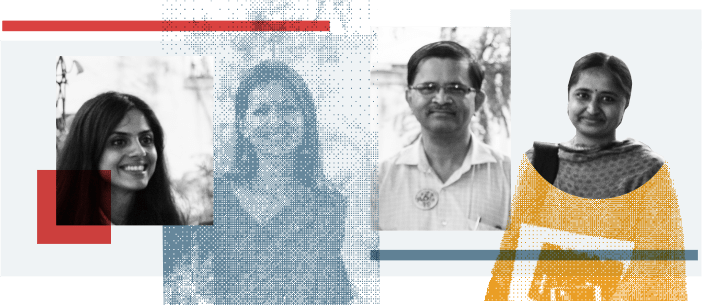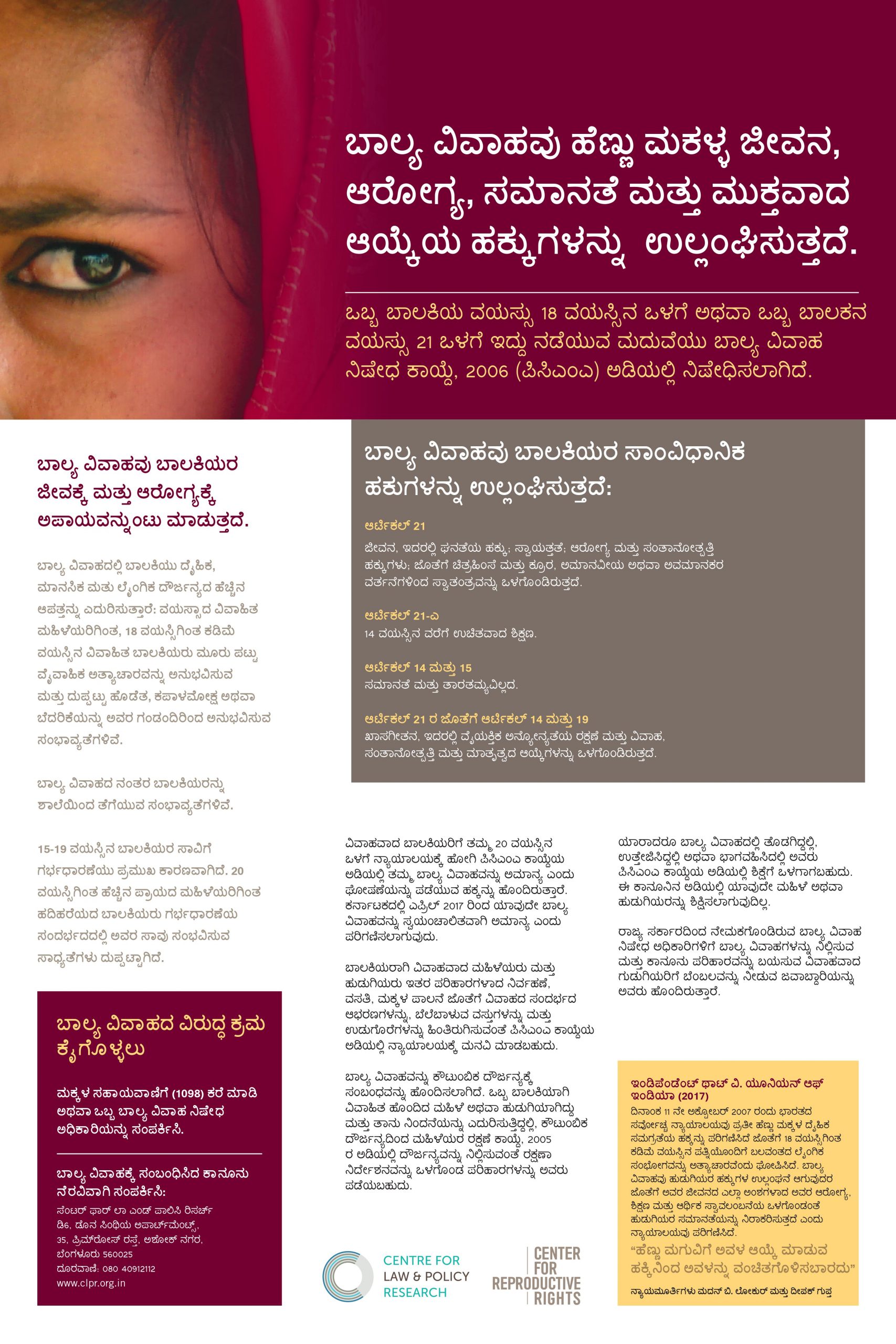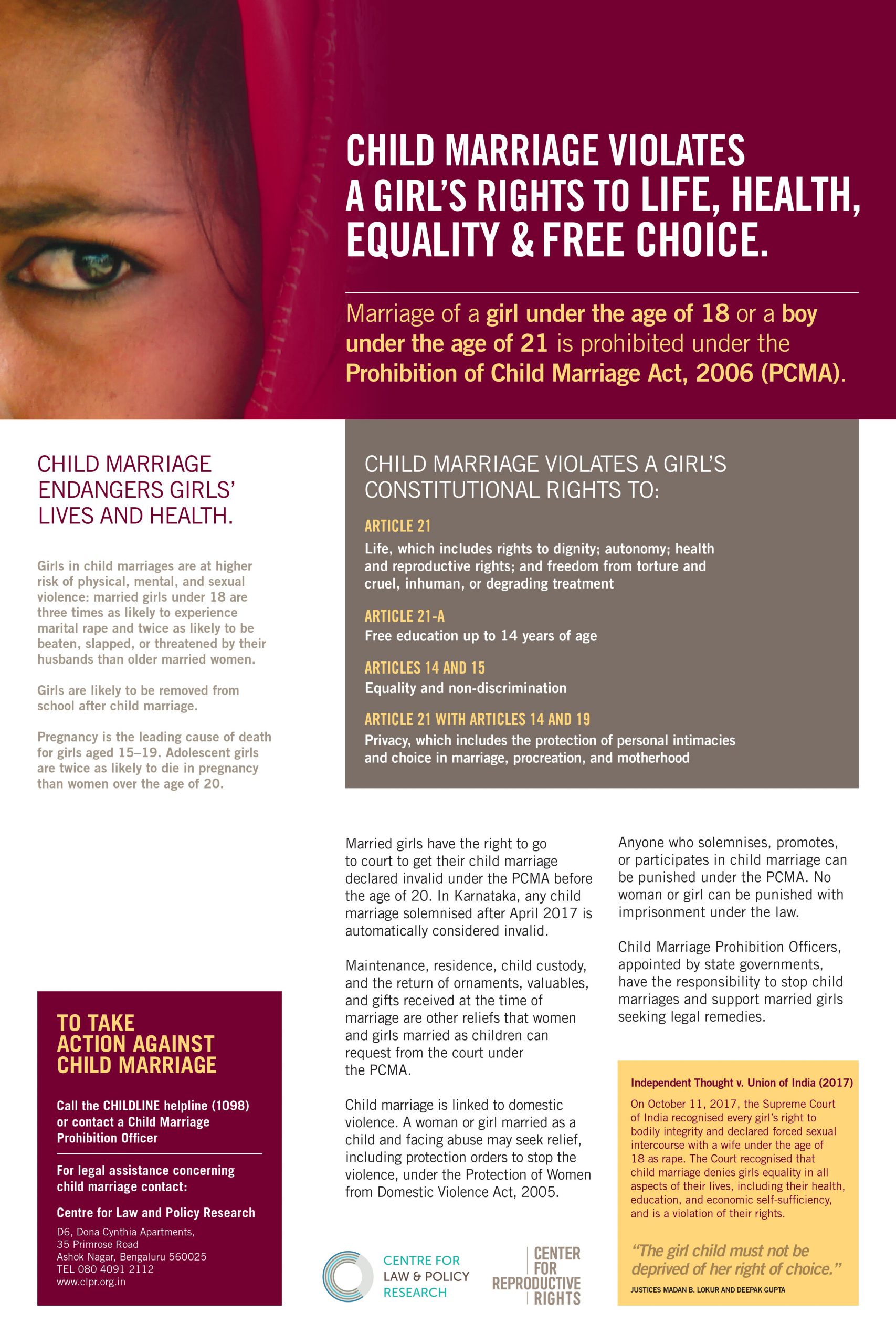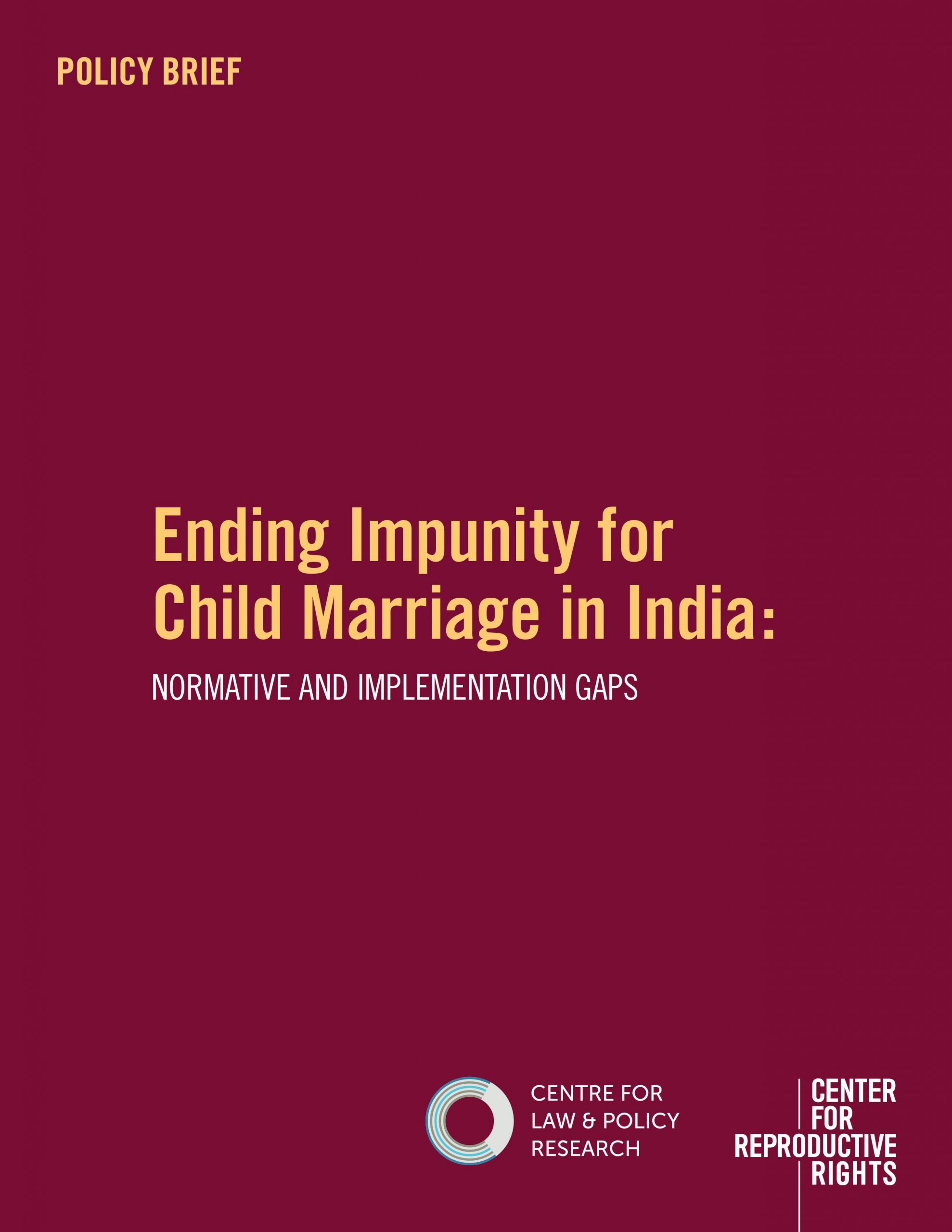The petitioner, a member of the transgender community, has filed a writ petition before the Supreme Court of India, challenging Sections 2(r) and 2(s) of the Surrogacy (Regulation) Act, 2021. Listed alongside connected matters, the petition contends that the Act prohibits single unmarried women and transgender people to opt for the surrogacy procedure. Claiming that the procedure could only be practiced by an “intending couple” or an “intending woman”, the Act stands violative of the fundamental rights under Article 14, 15, and 21 of the Constitution of India.
This Writ Petition was filed by a 24 years old married woman seeking permission of the High Court to terminate her pregnancy of over 30 weeks as the fetus suffered from multiple abnormalities. By order dated 31.10.2019, the Hon’ble High Court permitted the Petitioner to seek termination of her pregnancy, in recognition of her rights under Article 21 of the Constitution and the mental trauma that is likely to be caused to her on account of the fetal abnormalities, if the termination is not permitted.
The present petition has been filed by Saraswati Kumar, a minor aged 15 years seeking annulment of her marriage under Section 3 of the Prohibition of Child Marriage Act, 2006 (PCMA) as it was solemnized when she was a minor and she was forcefully taken away from the custody of her parents.
CLPR appeared on behalf of the Child Rights Trust before the Supreme Court challenging Exception 2 to Section 375 of the IPC to the extent of its applicability in case of minor girls. The court held that the exception violates Article 14, 15 and 21 and is inconsistent with POCSO. The court noted that child marriage is an abhorrent practice that severely impacts the health and well being of children.

